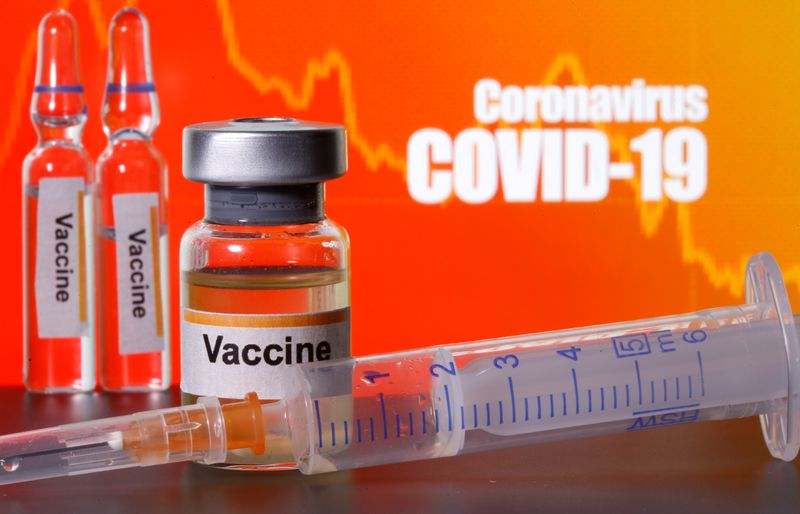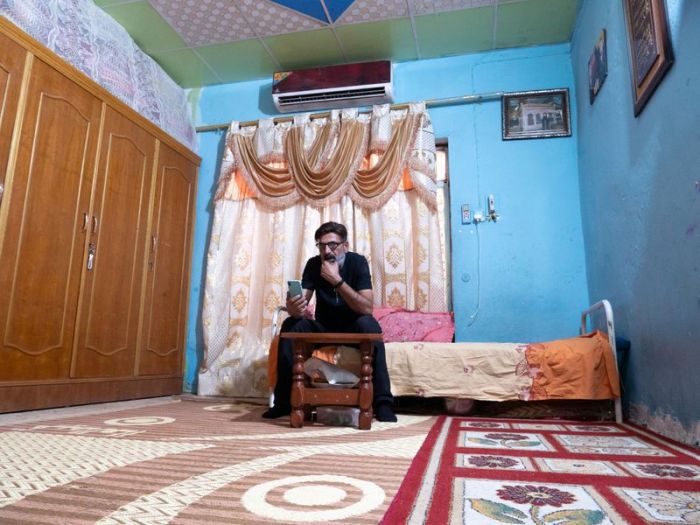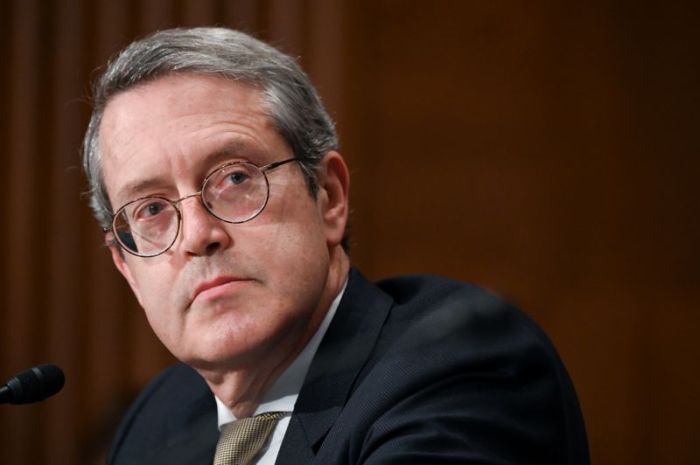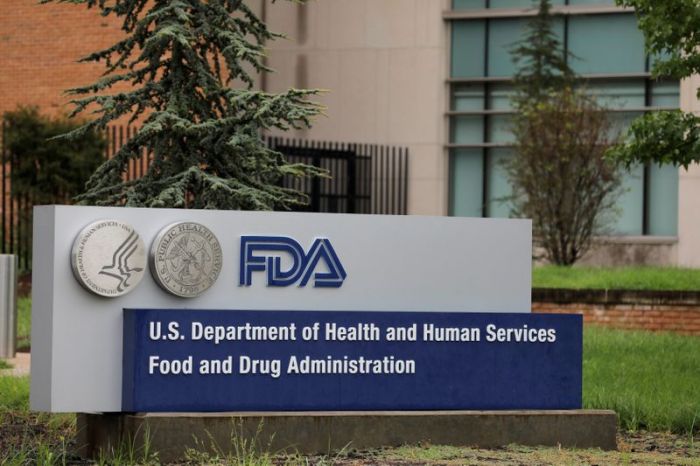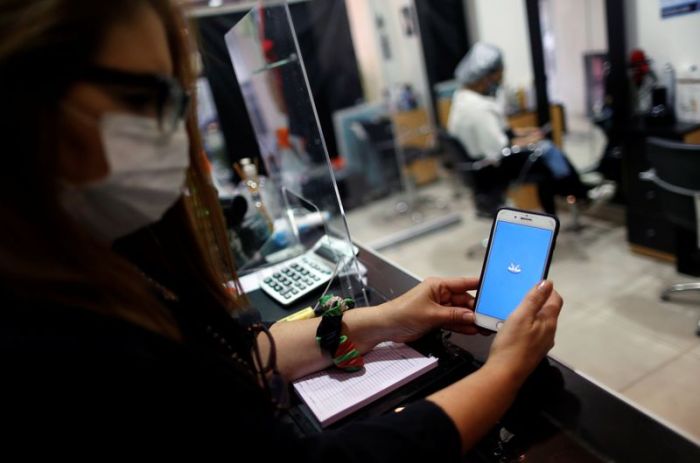MEXICO CITY (Reuters) – Mexico could share some liabilities arising from any adverse side effects of the COVID-19 vaccines used in the country, but it will negotiate the issue once laboratories have finished developing the medicines, the foreign ministry said on Tuesday.
As various vaccine candidates make their way through different stages of global clinical trials at a record pace, it remains unclear who foots the bill if people in poor countries fall sick from treatments.
Mexico aims to vaccinate nearly all of its population against coronavirus by the end of 2021 after reaching deals with pharmaceutical companies, including Pfizer, AstraZeneca and CanSino.
Mexico is prepared to negotiate clauses around possible civil responsibility in cases of unwanted secondary effects of vaccines, both bilaterally with laboratories and with the multilateral, World Health Organization-backed COVID-19 vaccine facility, known as COVAX, ministry spokesman Arturo Rocha said on Tuesday.
“The objective both with COVAX and the other bilateral deals with laboratories will be to achieve a balance regarding possible civil liability,” he told Reuters, adding that the risks would have to be distributed.
Under COVAX, 92 poor countries are eligible to access vaccines at lower or no cost until the end of 2021. Mexico has already signed up and paid into the program.
Martha Delgado, the deputy foreign minister in charge of Mexico’s international response to the pandemic, earlier told Reuters in an interview that she did not expect Latin America’s second largest economy to need a contingency fund to cover liabilities.
“If that contingency arises, these funds can be obtained from the treasury,” she said, adding that it was still too early to know for sure how liabilities would be distributed.
“As Mexico pins down its agreements and purchases it can also be calculating the risk and how it will face it,” she said.
Liability negotiations would take place at a later stage, “once the laboratories have concluded with the development of candidate vaccines and are in the process of obtaining the corresponding authorizations for their use from WHO and other health agencies,” the spokesman said.
BALANCING RISKS
Delgado said not participating in COVAX and missing out on its vaccines would have been a bigger risk for Mexico.
“How much does that risk cost?” she asked.
Delgado expects the first vaccine doses to come from the pharmaceutical firms that have promised the earliest deliveries. COVAX has not committed to a date, while Pfizer has offered to start delivering as early as December, she noted.
Delgado had expected vaccinations to begin by April 2021 but now believes it could be sooner..
“The worst scenario for Mexico is that our (U.S.) neighbors have a vaccination campaign four months before Mexico, and there’s an issue of closed borders because in Mexico there’s no vaccination campaign,” said Delgado.
“We have to align these processes regionally,” she added. “If we start receiving vaccines in December, perhaps we could also start a vaccination campaign in January or February.”
(Reporting by Anthony Esposito and Adriana Barrera; Editing by Steve Orlofsky and Aurora Ellis)

